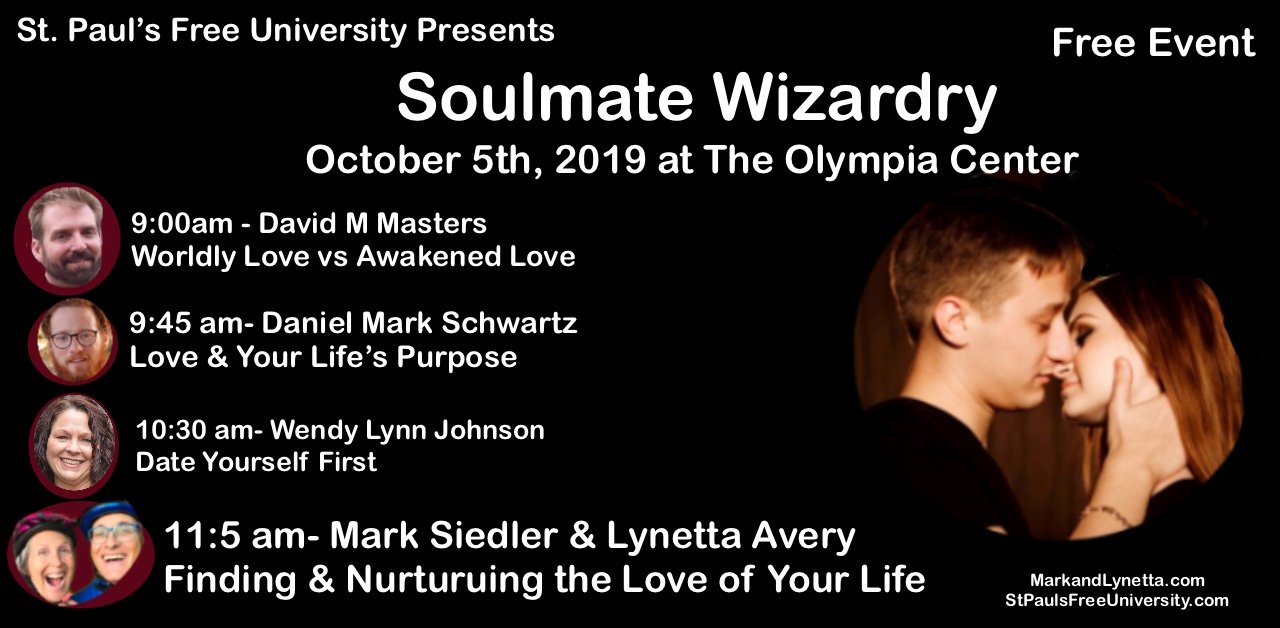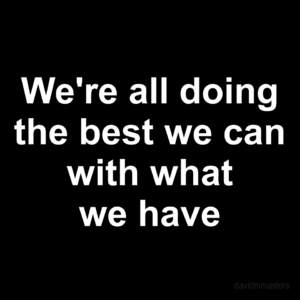Here is a simple way to exit the patterns of drama which surround your life. Conflict, upset, and drama could come from anywhere outside yourself and even from within. Just use the STOP! Heart Says approach to redirect your life to a drama-free life.
You know when you’re annoyed at something in life, and you feel your harmonic frequency dropping to a lower vibration where drama hangs out. At your first inclination or awareness that your vibration is dropping, when you feel the slightest degree of upset coming your way, this is the perfect time to take action.
You can start by saying to yourself, “Stop.” At this early juncture of the transition from an otherwise peaceful or serene life, you are in charge. You can stop whatever’s annoying you by simply using your words internally, or if someone is really pressing your buttons, you can use your outside voice.
Once you’ve issued the stop command, you immediately interrupt the energetic flow which is causing your frequency to tank, but only briefly. What you do next is everything.
In the precious second (maybe two) following your stop command, you need to check in with your heat to see what utterance might come from the voice of love if spoken at this very moment. I assure you, it’s probably the opposite of what you want to say, because you’re already triggered.
It’s a little like sacred Family Feud, as if the announcer says, “Stop!” turns and looks at the reader board and barks, “Heart says!” There should be something there within your heart waiting to come out.
You probably are inclined to start any response with “you” or “but” when the heart’s response will always start with, “I.”
Whatever your response is, just know the heart will always start with I. So, go ahead and throw it out there and see what the heart will give you to follow it up.
I like having a little ho’oponopono in my bag of tricks to pull out anytime I am in an awkward moment. Ho’oponopono is a ritualistic succession of short statements in four simple parts. They include,
I’m Sorry.
Please forgive me.
Thank you.
I love you.
Very easy to memorize by rote so that you have them handy and on standby in any awkward moment.
If I am in an awkward situation and I start feeling my vibrational frequency sink, I consciously initiate the Stop command and say, “I.” If nothing immediately follows, I start using ho’oponopono, by adding, “’m sorry,” with no intention except to respond from the heart without having to sacrifice my vibration because to respond otherwise requires my going to a lower vibration to interact at the level of the upset and/or potential drama.
Sometimes (most of the time), just saying the, “I’m sorry,” is enough to cause the whole scenario to veer off on a different direction from the path to conflict which you were on only seconds ago.
If, “I’m sorry,” doesn’t do the trick, and the heart has not provided you with other words or phrases to follow up with, keep going, “Please forgive me.”
You might find words coming up from your heart to follow your please forgive me with, “I didn’t know that…” followed by whatever is coming and relevant. Maybe that’s all you needed to change the whole world at that moment.
Whoever, or whatever, you are facing, knows the origin of these words, and is not used to hearing them as a response to potential conflict or drama, and receiving your heart-inspired love response is enough to break the spell of negative energy flow that you were facing less than a minute ago.
If you need them you still have, “Thank you,” and, “I love you,” as back up, if you need them.
It’s easy to use “I’m Sorry. Please forgive me. Thank you. I love you,” anonymously as your sacred chant to interject unbridled love into any situation, it’s entirely a different thing to use it in a verbal confrontation or face-to-face.
It takes a lot of courage. I know it did for me, but once you see the effects it has on the world around you, I think you’ll find yourself using your STOP! Heart Says skills more often, preserving your sacred space and high vibration baseline.
The more you get in time with your heart, the more love words will come to you, but if they do not, you will always have at least four things to say before you have to wing-it in faith.
The next time you’re facing a potentially dramatic situation, try playing a little round of STOP! Heart Says and see what happens. I think you’ll like it.
I’m Sorry. Please forgive me. Thank you. I love you.




